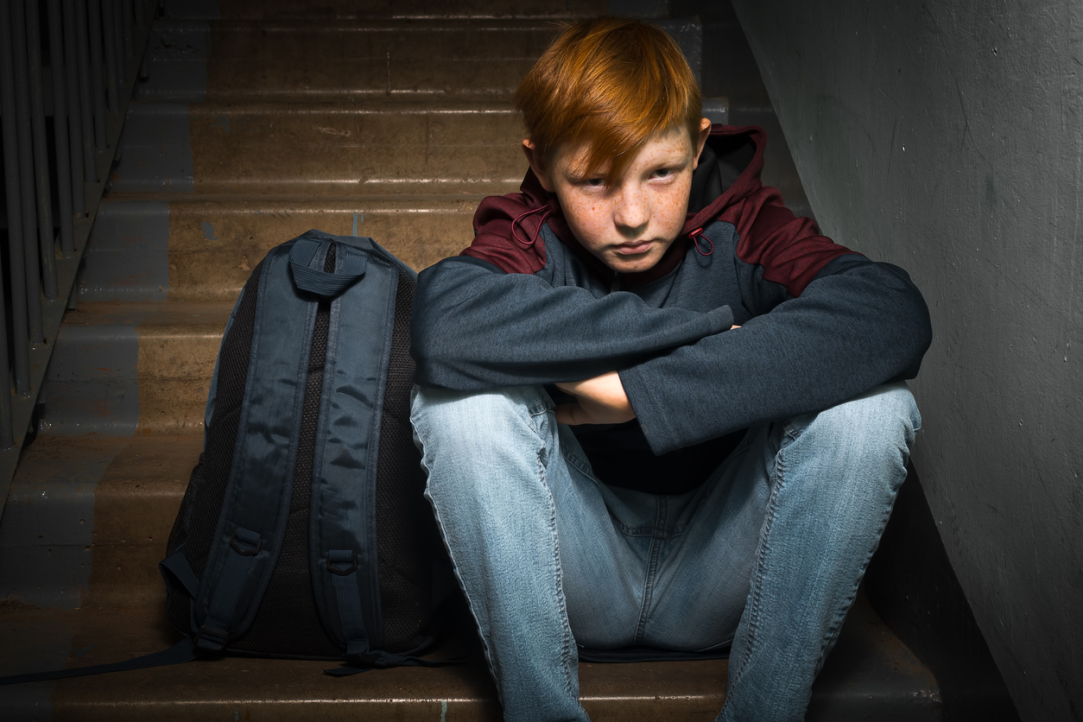
Returning to Life: How to Help 'Troubled' Teens Get a Fresh Start and Integrate into Society
Some children who don’t go to school and commit crimes manage to reintegrate into society by learning new mores and lifestyles. But others only appear to adapt, becoming ‘outsiders’ again the minute they leave the school grounds, going back to the same risky life on the streets. The two approaches offer youngsters very different opportunities in life. This IQ.HSE article, that draws on research by sociologist Irina Lisovskaya, explores how to help such youth integrate into society and learn to communicate with others.

Researchers Explain What Makes People Pro-Environmental
The HSE School of Psychology has studied the psychological, social, and political factors behind Russians’ pro-environmental behaviour. It appears that women hold more pro-environmental attitudes than men, trust in the free market negatively affects sustainable consumption, and awareness of the benefits of pro-environmental actions better motivates people to sort waste than environmental concern or connectedness to nature. The study has been published by SSRN.
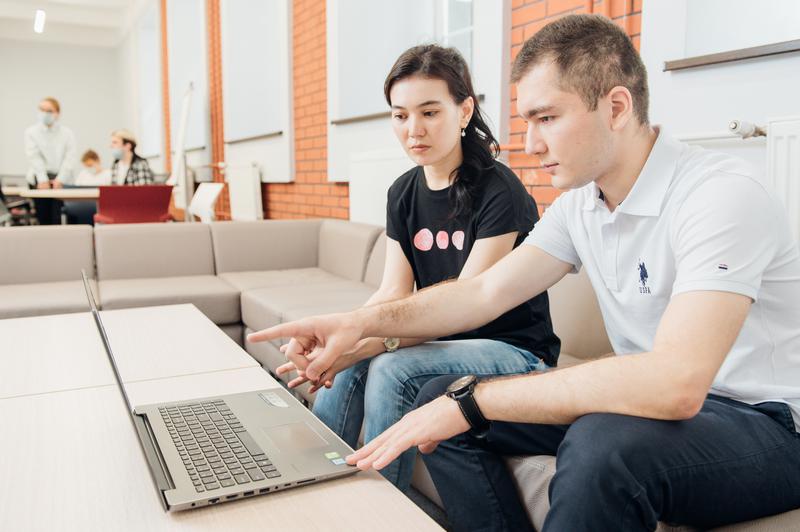
HSE University Celebrates the Academic Achievements of 2021 Student Research Paper Competition Winners
The award ceremony of the 2021 Student Research Paper Competition took place on February 8. The organisers congratulated the students and early career researchers and told them about the benefits of winning in the competition.
International Laboratory of Landscape Ecology Opens at HSE University
The laboratory will be led by Robert Sandlersky, a specialist in energy and mass transfer and the study of other properties of landscapes via satellite imagery and Senior Research Fellow at the Severtsov Institute of Ecology and Evolution of the Russian Academy of Sciences. The HSE News Service spoke to Robert about the laboratory’s future activities.
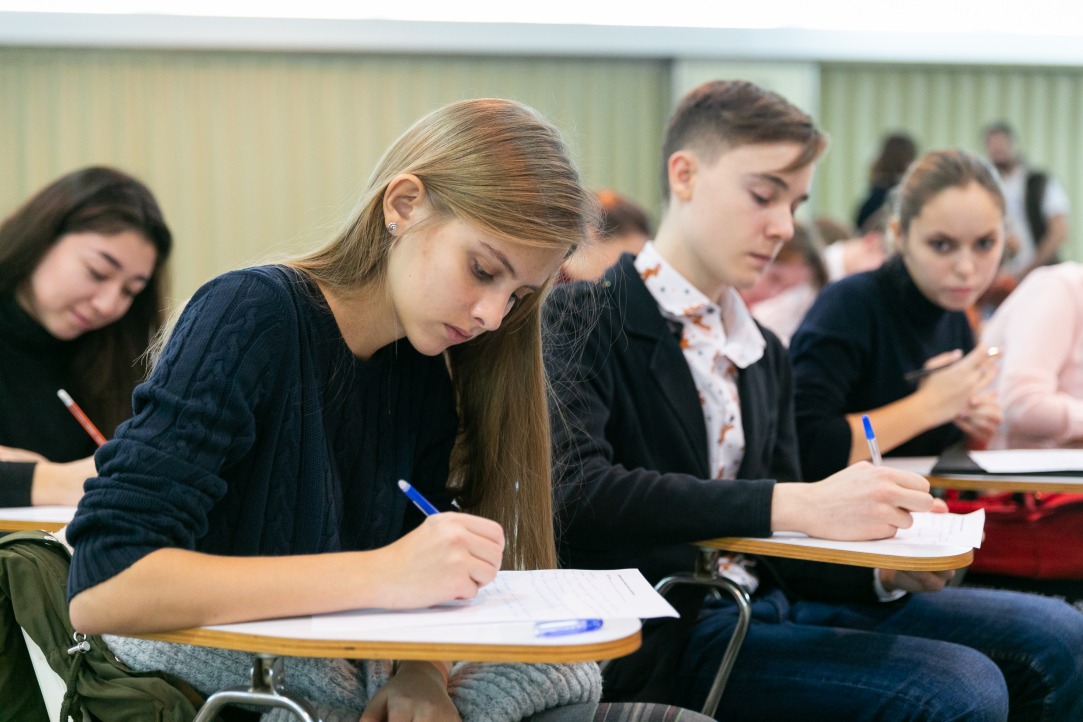
Statistics Explain Why Less-Competent People Tend to Overestimate Themselves
Why do people sometimes overestimate their knowledge—more often than not, those who are not well-versed in the subject at hand? Twenty years ago, two researchers studied this phenomenon and tried to explain it from a psychological point of view. This phenomenon is now known as the Dunning-Kruger effect after the names of the researchers. According to a report presented at a seminar of the HSE Department of Applied Economics, this effect has a purely statistical explanation.
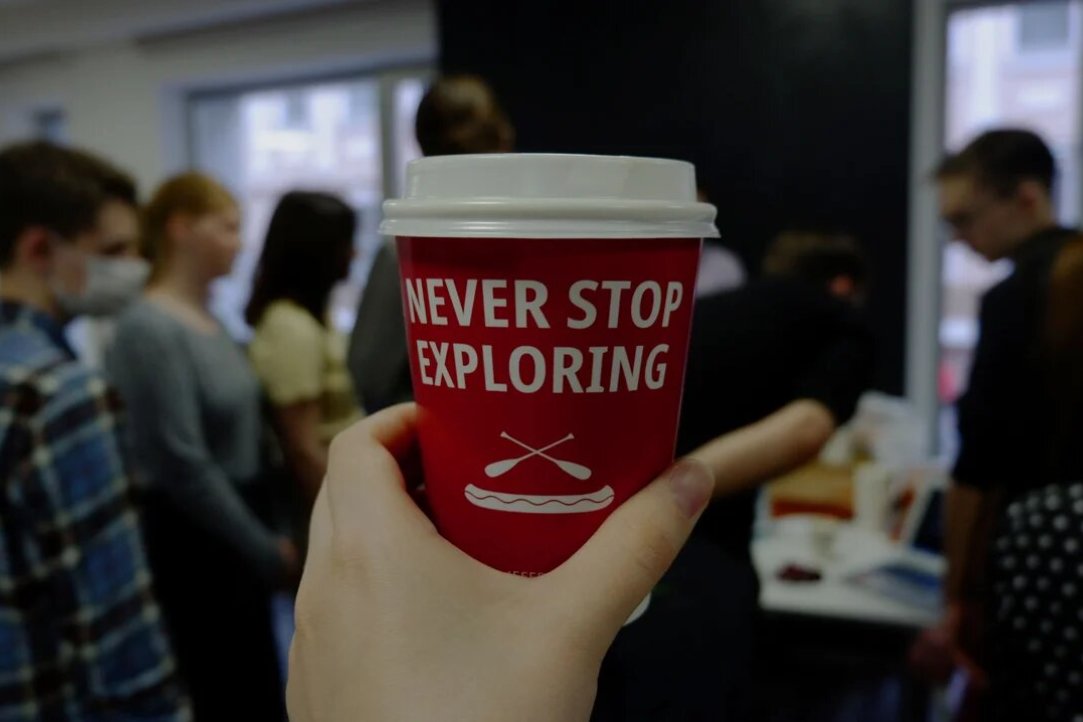
Registration Opens for ‘Research Initiative’ Team Project Competition
The HSE Centre for Student Academic Development has started accepting applications for the third ‘Research Initiative’ student team research project competition. Bachelor’s and master’s students from all HSE campuses are eligible to participate. The competition gives students an opportunity to not only take on research roles, but also to try their hand at working as academic managers and supervisors of a small research team. Registration will remain open until February 28.

Unconscious Perception of Sounds: We Hear Differences Even without Listening
Neurobiologists from HSE University and the RAS Institute of Higher Nervous Activity and Neurophysiology proved that the human brain unconsciously distinguishes between even very similar sound signals during passive listening. The study was published in Neuropsychologia.

The Cryptocurrency Market Works Like the Stock Market— Only Much Faster
After analysing the price fluctuations of almost 2,000 cryptocurrencies over seven years, Victoria Dobrynskaya, Associate Professor at the HSE University Faculty of Economic Sciences, found that there are no fundamental differences between their behaviour and that of conventional assets. Cryptocurrency follows the same principles, although its prices change much faster: processes that usually take years on traditional markets take only a month or so on the cryptocurrency market. An article on this research was reprinted by SSRN.
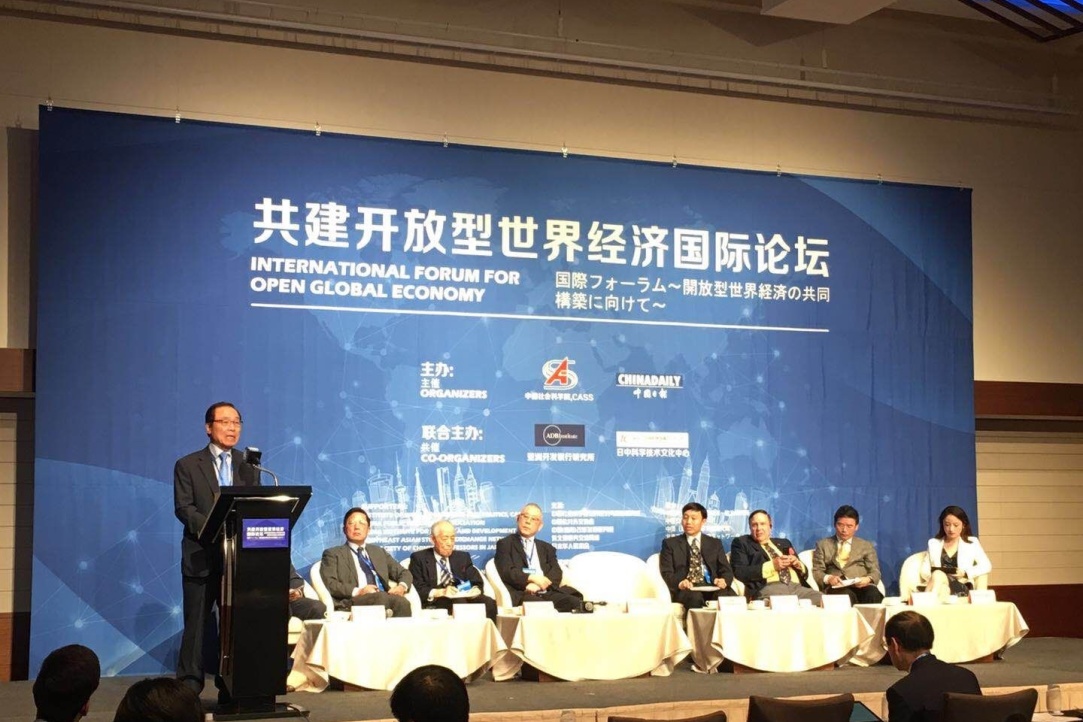
Boosting National Economy: The Role of Government
On February 10, Dr. Choong-Yong Ahn, Distinguished Professor of Economics of the Graduate School of International Studies (Chung-Ang University, Seoul) will take part in an online meeting of the Economic Policy Discussion Club organized by HSE University. He will talk about Korea’s economic development and the country’s astonishingly rapid and effective industrialization. Dr Ahn has spoken with HSE News Service about factors that have contributed to Korea’s success and the role of government in steering the Korean economy.
_-_page_25%20copy.png)
Funny Pictures of Difficult Era
The first major Soviet publisher of children's literature, Raduga, was established a century ago and featured the debuts of many authors who would later go on to become famous, as well as illustrations by prominent artists. Based on a research paper by Marina Sazonenko, graduate of the HSE Doctoral School of Art and Design, IQ.HSE examines how — and why — the illustrations in Soviet periodicals for children changed over time.

